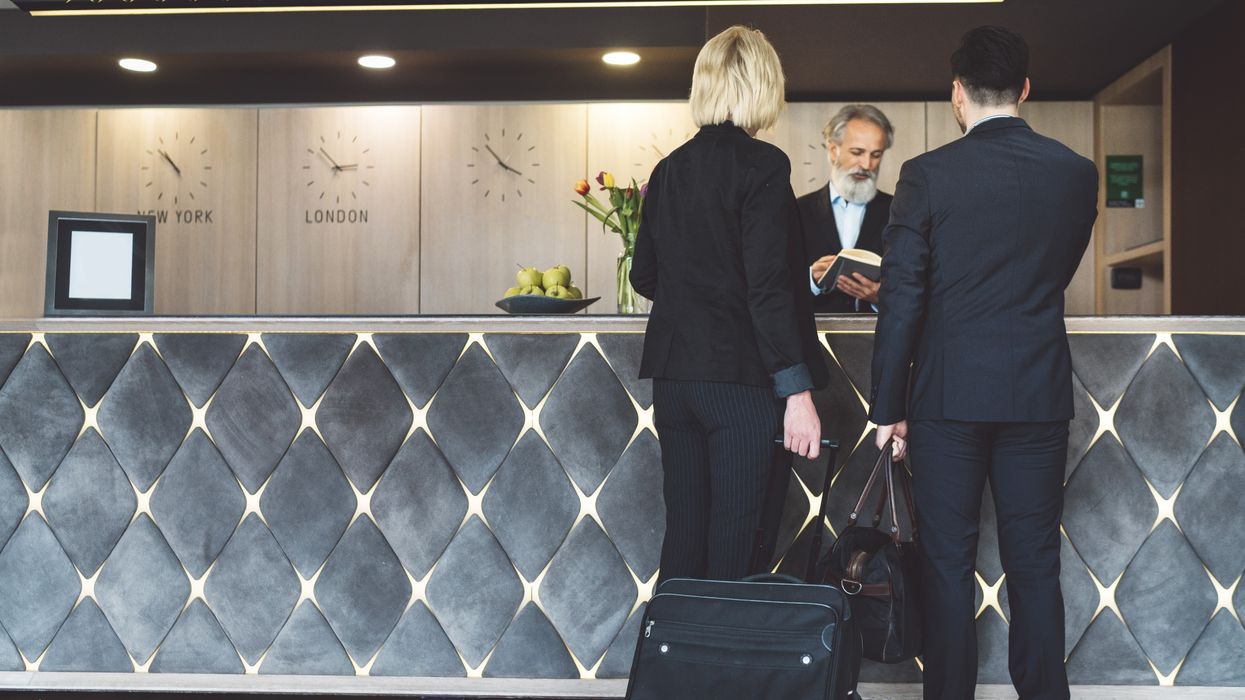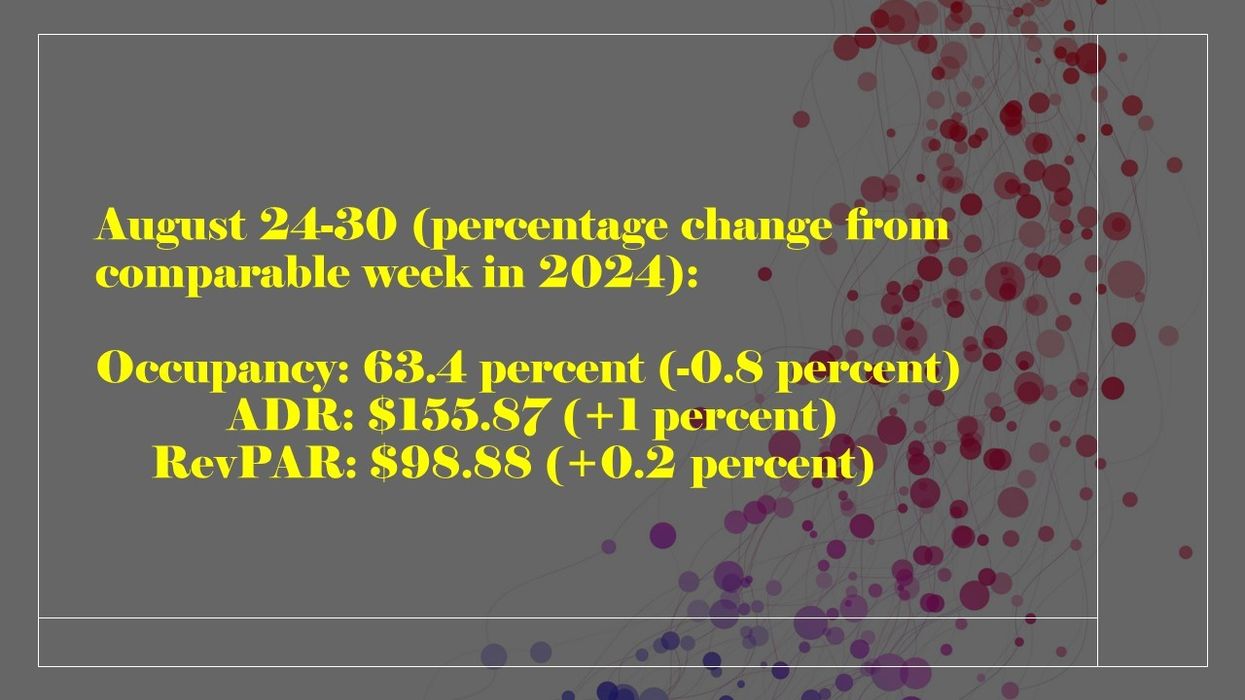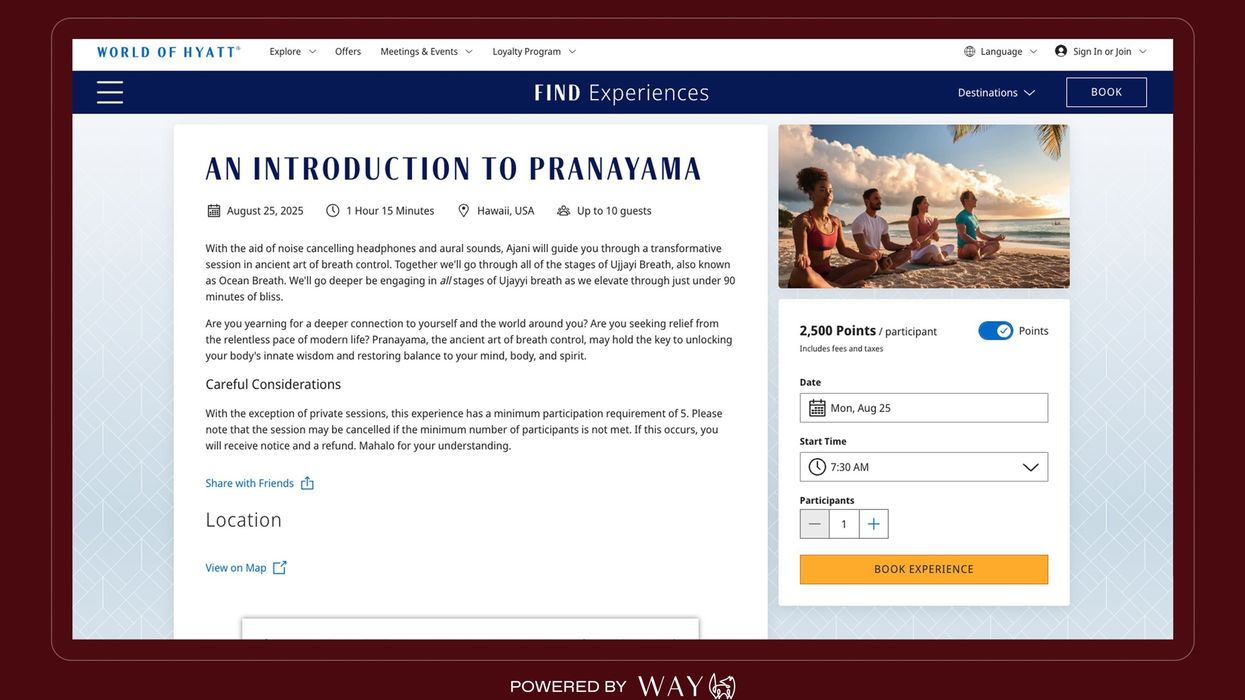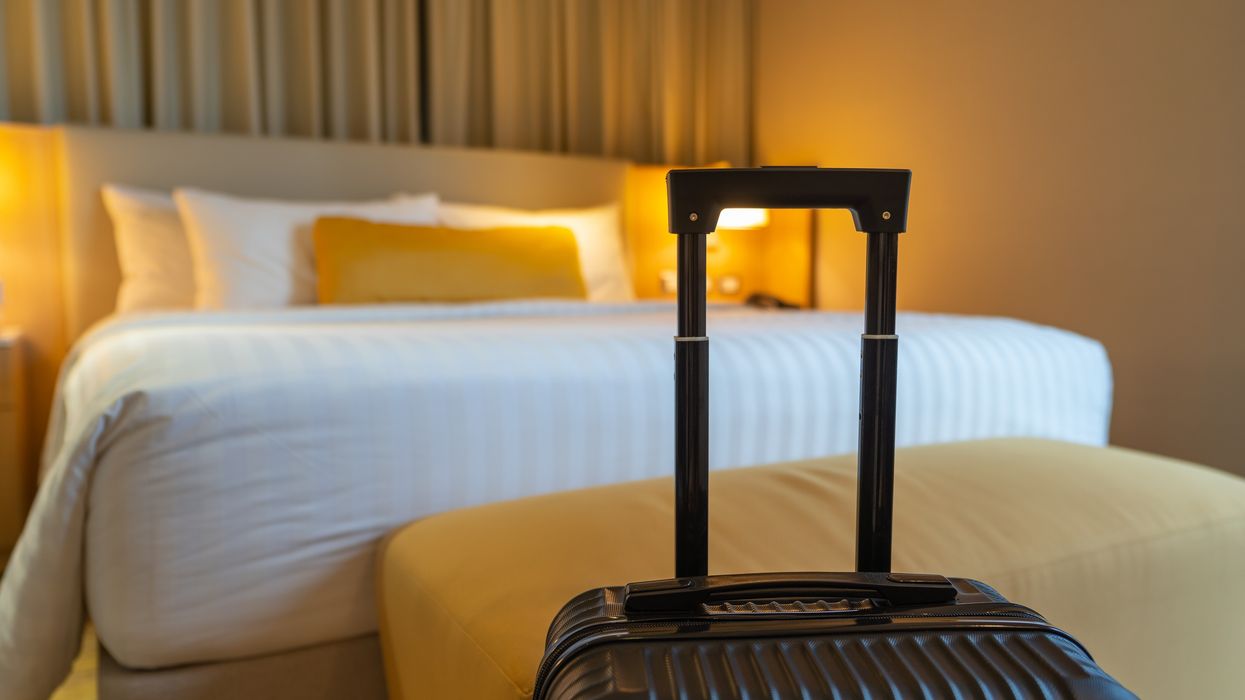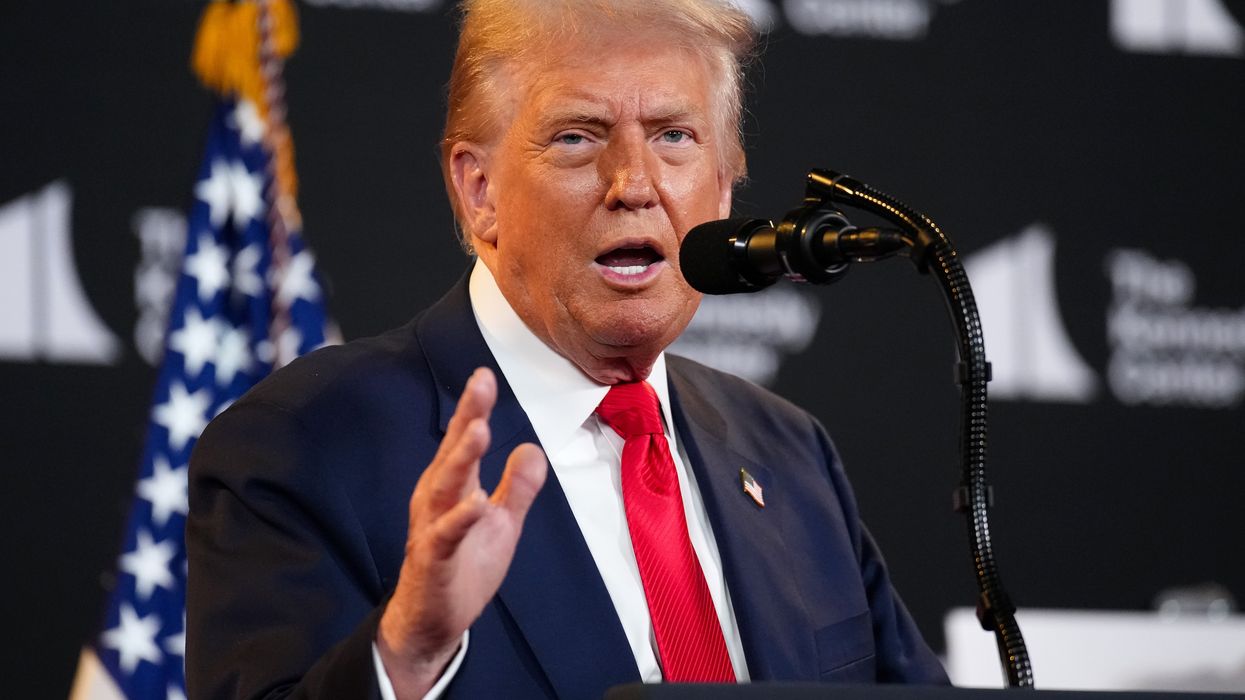Summary:
- Failed petition clears way for Los Angeles “Olympic Wage” to reach $30 by 2028.
- L.A. Alliance referendum fell 9,000 signatures short.
- AAHOA calls ruling a setback for hotel owners.
A PETITION FOR a referendum on Los Angeles’s proposed “Olympic Wage” ordinance, requiring a $30 minimum wage for hospitality workers by the 2028 Olympic Games, lacked sufficient signatures, according to the Los Angeles County Registrar. The ordinance will take effect, raising hotel worker wages from the current $22.50 to $25 next year, $27.50 in 2027 and $30 in 2028.
Mandatory health care benefits payments will also begin in 2026.
The L.A. Alliance for Tourism, Jobs and Progress sought a referendum to repeal the ordinance, approved by the city council four months ago. The petition needed about 93,000 signatures but fell short by about 9,000, according to Interim City Clerk Petty Santos.
The council approved the minimum wage increase for tourism workers in May 2023, despite opposition from business leaders citing a decline in international travel. The ordinance requires hotels with more than 60 rooms and businesses at Los Angeles International Airport to pay workers $30 an hour by 2028. It passed on a 12 to 3 vote, with Councilmembers John Lee, Traci Park and Monica Rodriguez opposed.
The L.A. Alliance submitted more than 140,000 signatures in June opposing the tourism wage ordinance, triggering a June 2026 repeal vote supported by airlines, hotels and concession businesses.
AAHOA called the ruling a setback for Los Angeles hotel owners, who will bear the costs of the mandate.
"This ruling is a major setback for Los Angeles' small business hotel owners, who will shoulder the burden of this mandate," said Kamalesh “KP” Patel, AAHOA chairman. "Instead of working with industry leaders, the city moved forward with a policy that ignores economic realities and jeopardizes the jobs and businesses that keep this city's hospitality sector operating and supporting economic growth. Family-owned hotels now face choices—cutting staff, halting hiring, or raising rates—just as Los Angeles prepares to host millions of visitors for the World Cup and 2028 Olympics. You can't build a city by breaking the backs of the small businesses that make it run."
Laura Lee Blake, AAHOA president and CEO, said members are proud to create jobs in their communities, but the ordinance imposes costs that will affect the entire city.
“Even with a delayed rollout, the mandate represents a 70 percent wage increase above California's 2025 minimum wage,” she said. “This approach could remove more than $114 million each year from hotels, funds that could instead be invested in keeping workers employed and ensuring Los Angeles remains a competitive destination. The mandate increases the risk of closures, layoffs and a weaker Los Angeles."
A recent report from the American Hotel & Lodging Association found Los Angeles is still dealing with the effects of the pandemic and recent wildfires. International visitation remains below 2019 levels, more than in any other major U.S. city.






